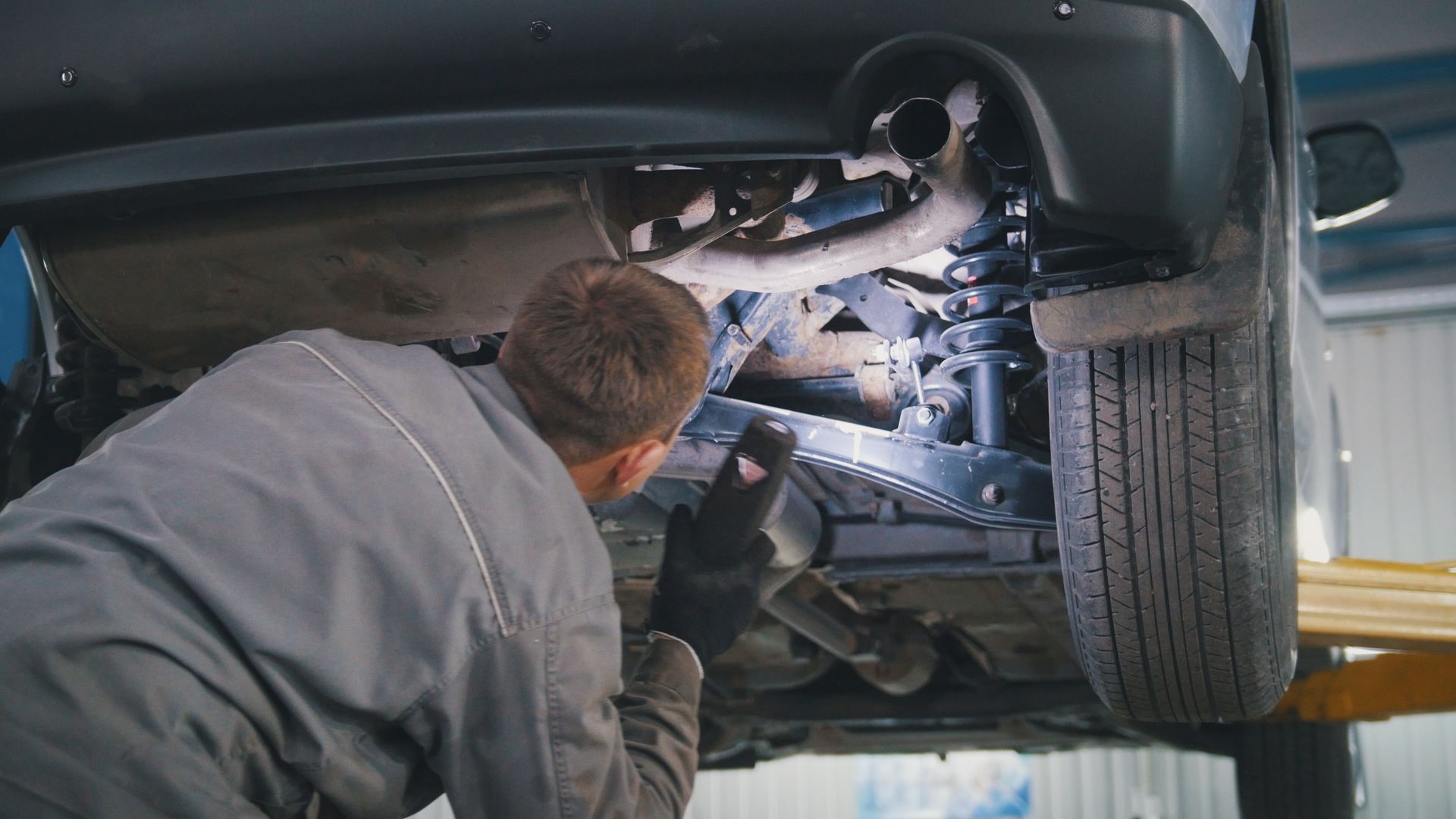Hybrid vehicles are becoming more common on the roads in and around Stone Mountain. They offer the best of both worlds—an internal combustion engine paired with an electric motor to improve fuel economy and reduce emissions. However, while hybrids might seem like they should follow the same maintenance routine as a gas-only car, there are some important differences every owner should understand.
If you’re considering switching to a hybrid or already own one, here’s what sets their maintenance apart from traditional gas-powered vehicles—and what you should keep an eye on.
Oil Changes Are Still Needed, Just Less Often
One of the drivers' biggest questions about hybrids is whether they still need oil changes. The answer is yes. Hybrids still use a gasoline engine, and that engine needs clean oil to stay lubricated and cool.
However, since the engine doesn’t run constantly in a hybrid, especially during city driving or while coasting, it tends to accumulate miles at a slower rate. That often means longer intervals between oil changes. You’ll still want to follow the maintenance schedule in your owner’s manual, but don’t be surprised if your hybrid goes a bit longer between services.
Brake Wear Is Slower Thanks to Regenerative Braking
Hybrids use regenerative braking systems that capture energy when you slow down and send it back to the battery. This process not only helps recharge the battery but also reduces wear on your traditional brake pads and rotors.
As a result, many hybrid owners find they don’t need brake service as frequently as those with gas-only cars. That doesn’t mean you can skip inspections—your brakes still need to be checked regularly—but you’ll likely go longer between replacements.
Battery Health Requires Extra Attention
The battery system is one of the most important and expensive parts of any hybrid. These high-voltage battery packs are built to last, often 8 to 10 years or more, but they can degrade over time, especially in extreme heat or with heavy use.
Hybrid batteries don’t require much routine maintenance, but it’s important to monitor battery performance and be aware of signs of trouble, such as a drop in fuel efficiency, warning lights, or the vehicle switching to gas mode more often than usual. Diagnostics during routine visits at Wrench Junkies can help detect early signs of battery issues before they become major problems.
Cooling Systems May Be More Complex
While traditional cars have one cooling system for the engine, hybrids often have multiple cooling systems—one for the gas engine, another for the inverter or electric motor components, and sometimes even a third for the battery.
That means more hoses, pumps, and fluids that need to be inspected and maintained. Keeping all these systems running at the proper temperature is critical to performance and longevity, especially in the warmer climate of Georgia.
Transmission Differences Can Affect Service
Many hybrids use a different kind of transmission than conventional vehicles. Instead of traditional gear-based automatic or manual transmissions, they often use an electronically controlled continuously variable transmission (eCVT). These systems don’t require gear shifting in the traditional sense and tend to have fewer moving parts.
That said, they still need fluid maintenance. While the intervals may differ from a standard vehicle, ignoring hybrid transmission service can lead to costly repairs. It’s essential to use the right fluid type and stick to the service schedule to keep everything running smoothly.
Wrench Junkies – Hybrid and Gas Vehicle Experts in Stone Mountain, GA
At
Wrench Junkies in Stone Mountain, we’re equipped to handle both hybrid and traditional vehicle maintenance. Whether it’s your first hybrid or you’ve been driving one for years, we’re here to help you understand the differences, keep your vehicle in top shape, and avoid surprises down the road. From oil changes to battery diagnostics, count on our team for honest, expert care, no matter what’s under your hood.
